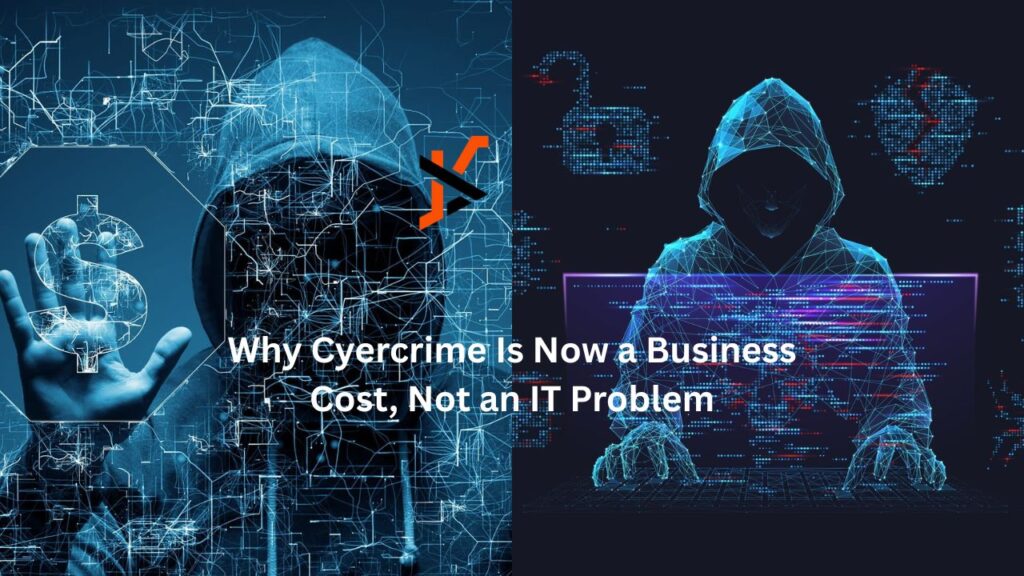Cybercrime has evolved from being an inconvenience handled by IT teams to one of the most serious business risks facing organisations today. The impact of an attack now reaches far beyond servers and software, affecting revenue, reputation, and long-term customer trust.
For many UK companies, cyber incidents have become an unavoidable cost of doing business in an increasingly digital world. Yet, too often, decision makers still see cybersecurity as a technical issue rather than a financial one.
The Rising Financial Toll
The number of cyberattacks against UK businesses has grown steadily over the past decade, with criminals targeting everything from small retailers to global enterprises. Phishing scams, ransomware, and data breaches are now part of everyday risk management.
According to Avoira’s latest analysis on the cost of cybercrime, UK businesses are losing millions each year to attacks that disrupt operations and damage customer trust. These findings mirror government research from the Department for Science, Innovation and Technology which found that half of UK businesses experienced some form of cyber incident in the past year.
Beyond IT: A Board-Level Issue
When cybercrime leads to significant financial loss, the responsibility no longer sits solely with IT departments. Business continuity, investor confidence, and regulatory compliance are all affected. A single breach can trigger contract losses, legal disputes, and long-term reputational harm.
Senior leaders are increasingly recognising cybersecurity as a strategic priority. The National Cyber Security Centre continues to advise organisations to treat cyber resilience as a board-level matter, stressing that prevention and recovery planning should form part of overall corporate governance.
Understanding the Real Cost
The cost of a cyberattack extends well beyond the initial financial impact. Many businesses face weeks of downtime, lost sales, and reputational damage that can take months to repair. In some cases, smaller firms are unable to recover at all.
A Shift in Mindset
Treating cyber risk as a financial issue rather than a technical one helps businesses make better decisions about where to invest. Regular security assessments, employee training, and response planning should be as routine as financial audits or insurance renewals.
By embedding cybersecurity into overall business strategy, organisations can reduce the likelihood and impact of future incidents. Prevention is almost always cheaper than recovery, and awareness remains one of the most powerful tools against cyber threats.
Conclusion
Cybercrime has become part of the modern business landscape, but it does not have to be an accepted cost. By recognising cybersecurity as a commercial investment rather than a technical expenditure, UK businesses can protect both their bottom line and their reputation.
The data from Avoira’s analysis makes it clear: businesses that take proactive, organisation-wide action are far better placed to withstand the growing threat of cybercrime.

